
This vitamin deficiency could be raising your colorectal cancer risk — and half the world is low
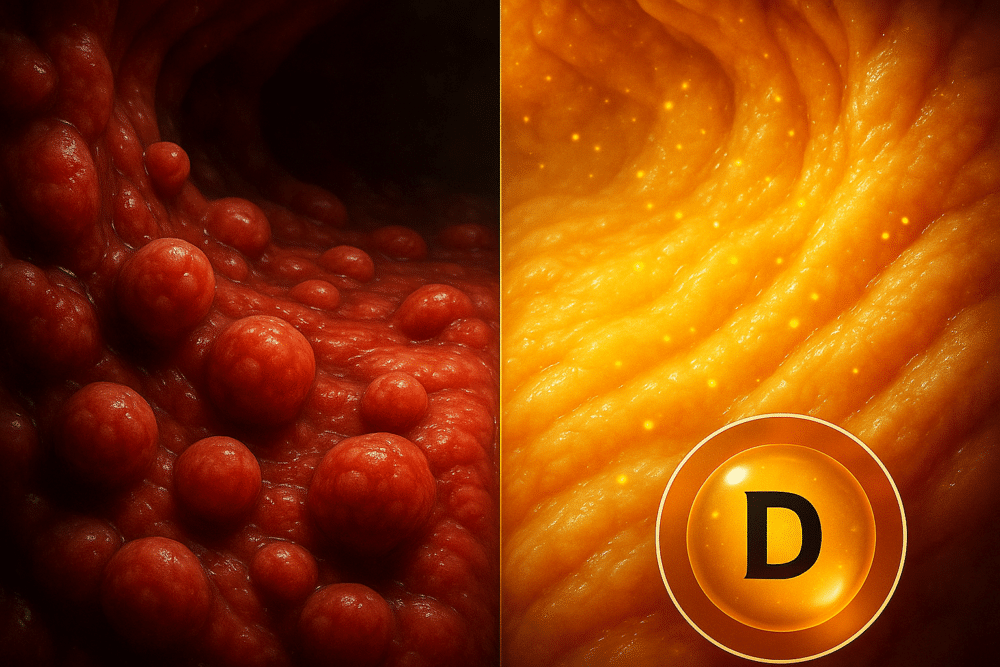
What if one of the most powerful tools for preventing colorectal cancer wasn’t an expensive new drug or complex therapy, but a humble vitamin that nearly half the global population doesn’t get enough of? New research is shedding light on this surprising possibility—revealing the remarkable, cancer-fighting potential of vitamin D.
Colorectal cancer ranks as the third most commonly diagnosed cancer worldwide and remains a leading cause of cancer-related deaths. Yet, a growing body of evidence shows that your nutritional status—particularly your vitamin D levels—plays a critical role in prevention. Traditional medicine often focuses on treatment after cancer appears, but a new wave of research suggests that prevention could be as simple as optimizing your vitamin D. This isn’t about chasing miracle cures; it’s about empowering yourself with practical, science-backed steps that support long-term health.
Key Takeaways
1. Major Risk Reduction:
A landmark meta-analysis of 50 studies found that people with the highest vitamin D levels had a dramatically lower risk of developing colorectal cancer—by as much as 58% in some studies.
2. Multi-Level Defense:
Vitamin D acts through multiple biological pathways: it reduces chronic inflammation (a key driver of cancer), strengthens immune surveillance, and even helps prevent tumors from forming the new blood vessels they need to grow.
3. A Global Deficiency Crisis:
Despite its importance, nearly 50% of the world’s population is deficient in vitamin D. People living in areas with limited sunlight, those who spend most of their time indoors, or individuals with darker skin pigmentation are especially at risk.
4. You Can Take Control:
You can safely and naturally boost your vitamin D levels through a combination of moderate sun exposure, nutrient-dense foods, and smart supplementation—always under medical guidance.
Vitamin D’s Expanding Role in Cancer Prevention
Most people associate vitamin D with bone health, but its influence extends far beyond that. A sweeping new analysis published in Nutrients reviewed 50 peer-reviewed studies and delivered a clear message: maintaining optimal vitamin D levels is crucial for protection against colorectal cancer.
The evidence is striking. For example, the well-known Nurses’ Health Study showed that women with the highest vitamin D levels had a 58% lower risk of developing colorectal cancer than those with the lowest. Other studies have found that sufficient vitamin D intake can reduce the formation of precancerous polyps by up to 33%, suggesting that vitamin D not only protects against cancer itself but may also prevent the early cellular changes that lead to it.
This growing pool of data marks a turning point in how we view preventive health—highlighting the power of nutrients to shape disease outcomes before symptoms ever appear.
How Does Vitamin D Actually Fight Cancer?
So, how can one vitamin wield such powerful effects? Scientists describe vitamin D as a “master regulator”—a molecule that influences hundreds of genes and cellular functions across your body. Here’s how it works on multiple fronts:
-
It Calms Inflammation: Chronic inflammation creates an environment where cancer cells can thrive. Vitamin D helps regulate inflammatory pathways, reducing the stress signals that fuel tumor growth.
-
It Fortifies Your Immune System: Vitamin D enhances the effectiveness of immune cells, such as T-cells and macrophages, allowing them to detect and destroy abnormal or precancerous cells early on.
-
It Promotes Cancer Cell Death: Vitamin D supports apoptosis—the body’s built-in mechanism for clearing out damaged or mutated cells before they can multiply uncontrollably.
-
It Starves Tumors of Nutrients: To grow and spread, tumors need to form new blood vessels through a process called angiogenesis. Vitamin D helps block this process, cutting off the tumor’s lifeline.
Researchers are also exploring vitamin D’s interaction with other systems, including the gut microbiome, which plays a pivotal role in both digestion and immune health. Early findings suggest that optimal vitamin D may support a healthier gut environment, which in turn could reduce colorectal cancer risk even further.
Are You Deficient? The Hidden Global Problem
Despite how crucial vitamin D is, deficiency remains one of the most widespread nutritional issues on Earth. It’s estimated that nearly half the global population falls short of optimal levels.
Several factors contribute to this epidemic:
-
Living in northern climates with limited sunlight.
-
Having darker skin, which naturally blocks UV absorption.
-
Spending most of the day indoors or using heavy sun protection.
-
Air pollution that filters out UVB rays needed for vitamin D synthesis.
Even more concerning, many lab tests define “normal” vitamin D levels too low for disease prevention. While conventional medicine often considers 20–30 ng/mL sufficient, many functional and integrative health experts recommend maintaining 40–60 ng/mL for optimal protection against cancer and other chronic diseases.
Four Practical Ways to Boost Vitamin D Naturally
The encouraging news is that raising your vitamin D levels is straightforward and affordable. Here’s how:
-
Get Smart Sun Exposure:
Aim for about 15–30 minutes of midday sun exposure on your face, arms, and legs several times a week. Always avoid burning, and adjust based on your skin tone and local UV index. -
Eat Vitamin D-Rich Foods:
Include fatty fish like wild salmon, mackerel, sardines, as well as pastured eggs, beef liver, and UV-exposed mushrooms. Fortified plant-based milks and cereals can also help. -
Supplement Wisely:
If sunlight and diet aren’t enough—especially in winter—consider a high-quality vitamin D3 supplement, ideally paired with vitamin K2 for better calcium metabolism. Work with your healthcare provider to determine the right dosage for you. -
Get Tested Regularly:
A simple 25-hydroxy vitamin D blood test can tell you your baseline and track your progress over time. Testing twice a year, in summer and winter, can help you maintain balance year-round.
Conclusion: Harnessing Nature’s Simplicity for Lasting Health
The science is increasingly clear: vitamin D is a frontline defense in the fight against colorectal cancer. While medical research continues to search for advanced therapies, nature has already provided us with a safe, inexpensive, and profoundly effective tool for prevention.
Optimizing your vitamin D levels won’t replace medical care, but it represents a powerful step toward proactive, preventive health—one that could save countless lives. The path to protection isn’t found only in hospitals or laboratories, but in the sunlight, on your plate, and in simple daily choices.
In a world where chronic disease is on the rise, vitamin D reminds us that sometimes the most potent medicine is also the most natural.
News in the same category

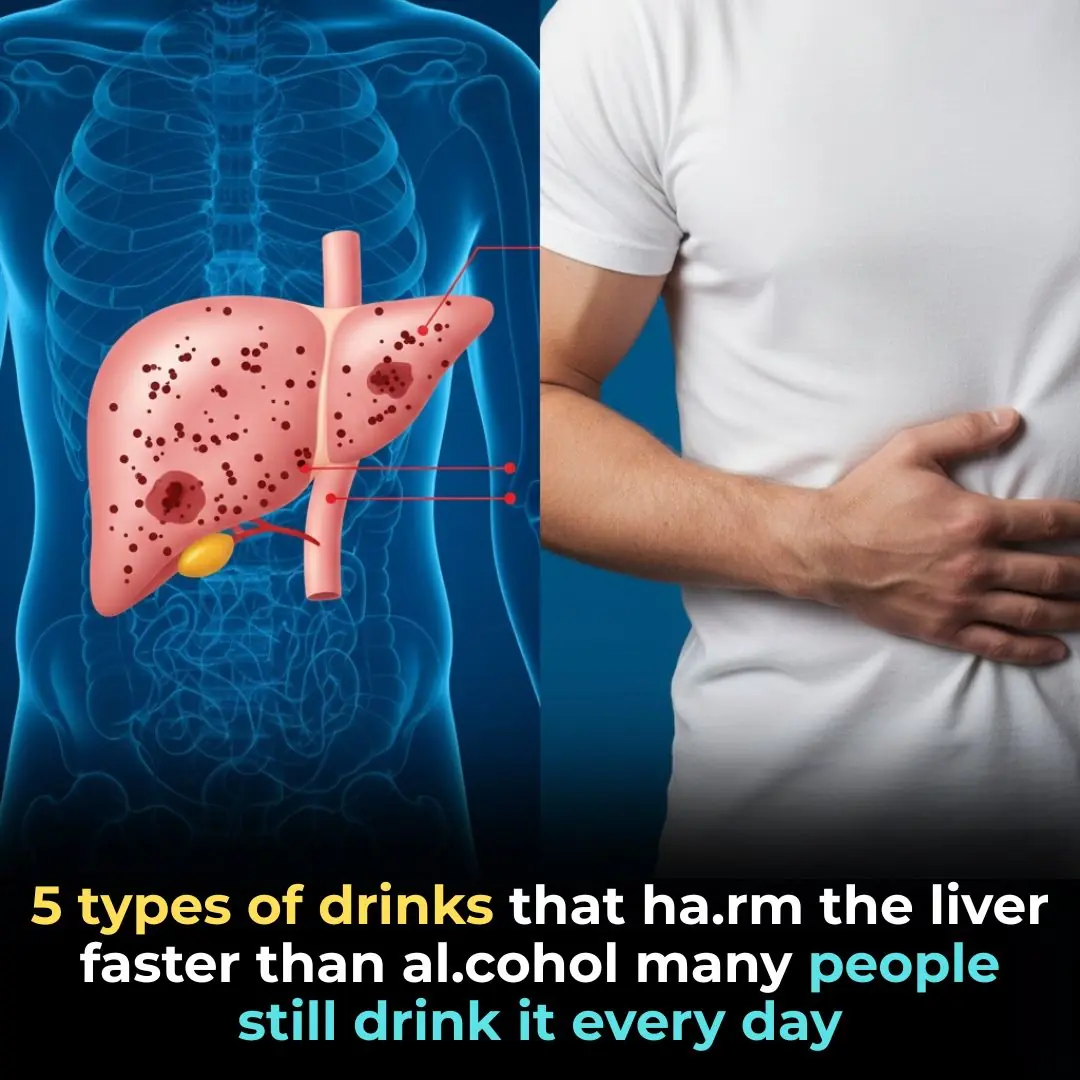
Common Drinks That Can Be Bad for Your Liver

Do you sleep on your side? Here's the powerful effect one simple change can have on your body

🦴 Hip Pain: What Does It Mean? Common Causes & When to Seek Help
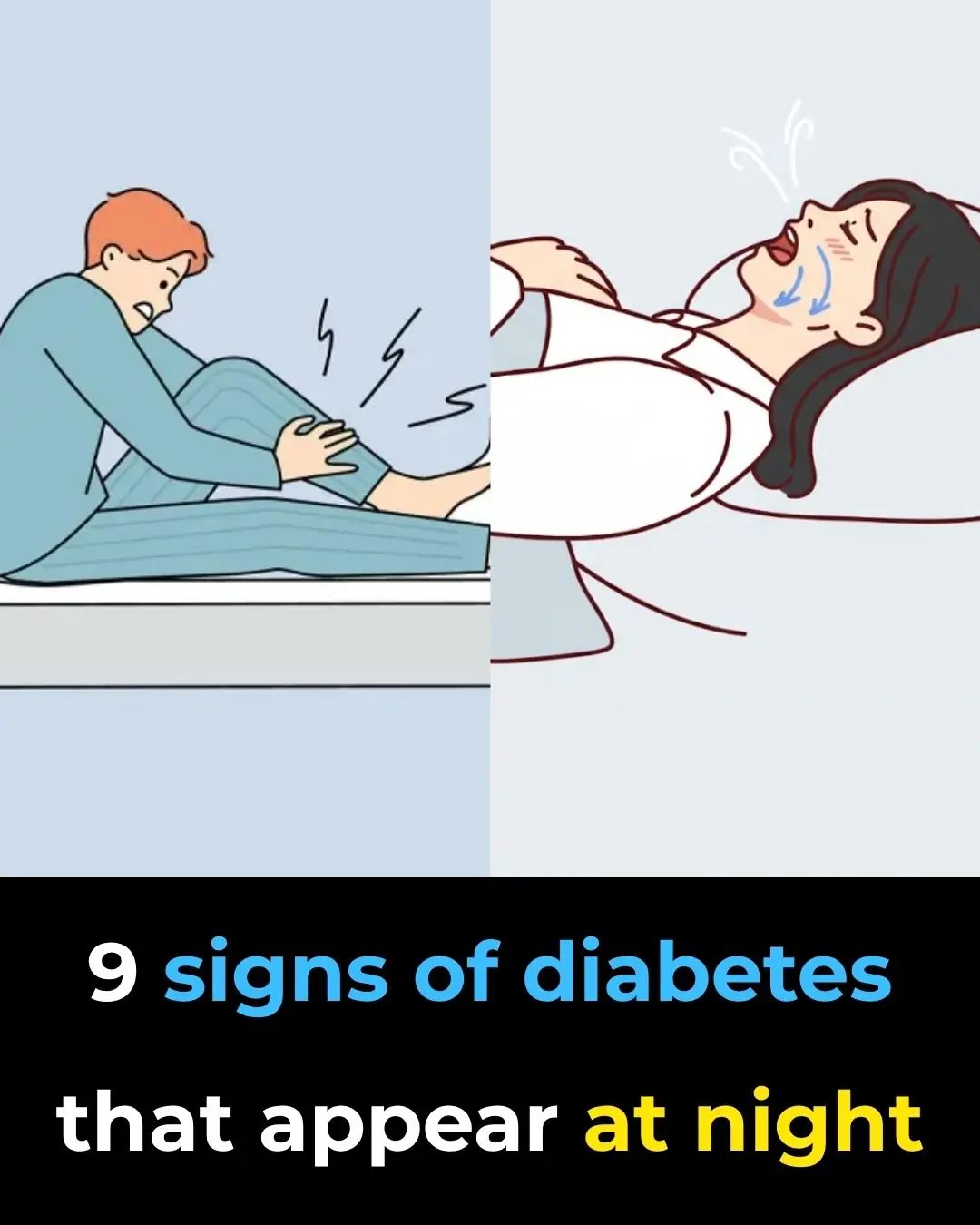
🌙 9 Signs of Diabetes That Appear at Night — What You Should Know
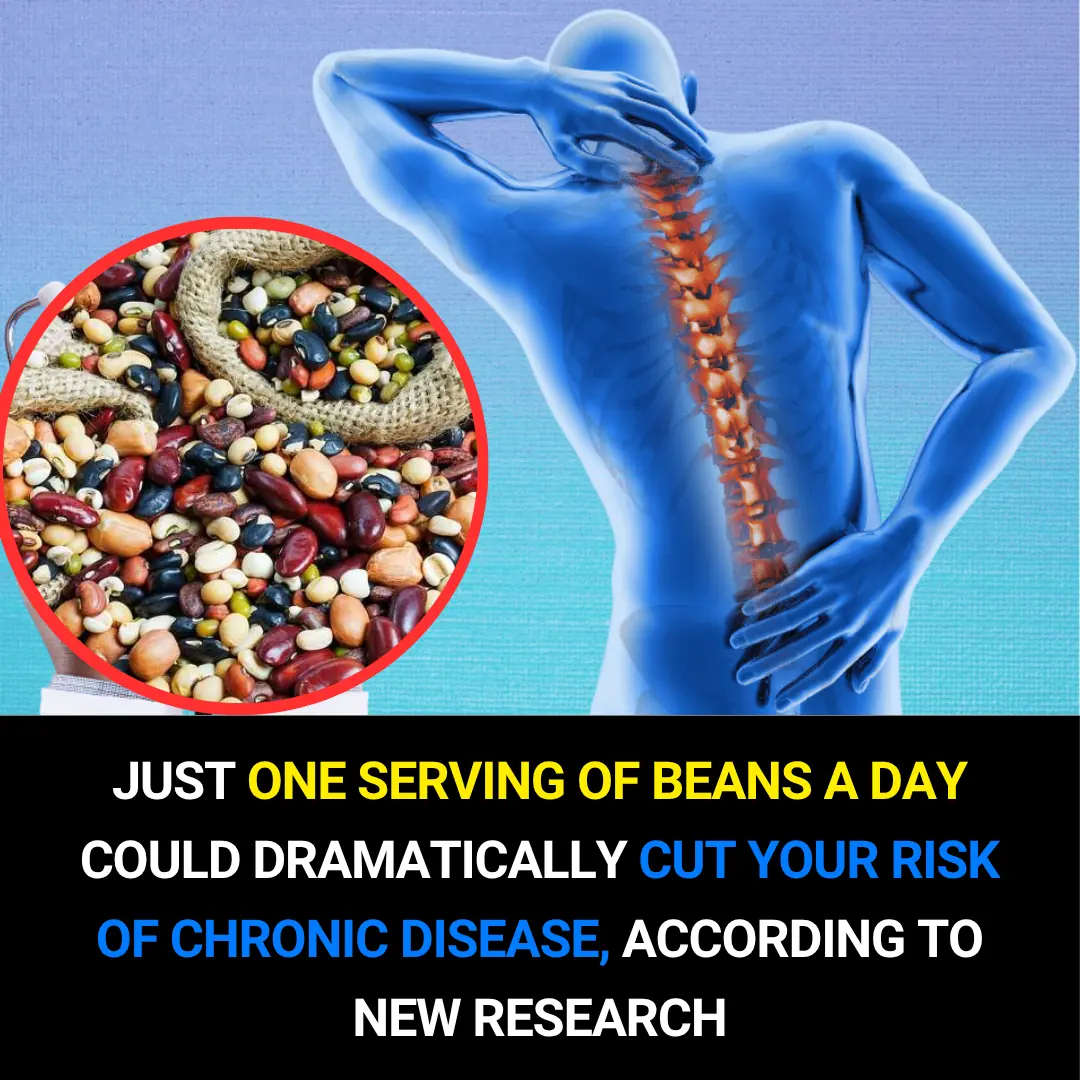
Eating Beans Daily Slashes Your Risk of Heart Disease and Diabetes, Study Finds
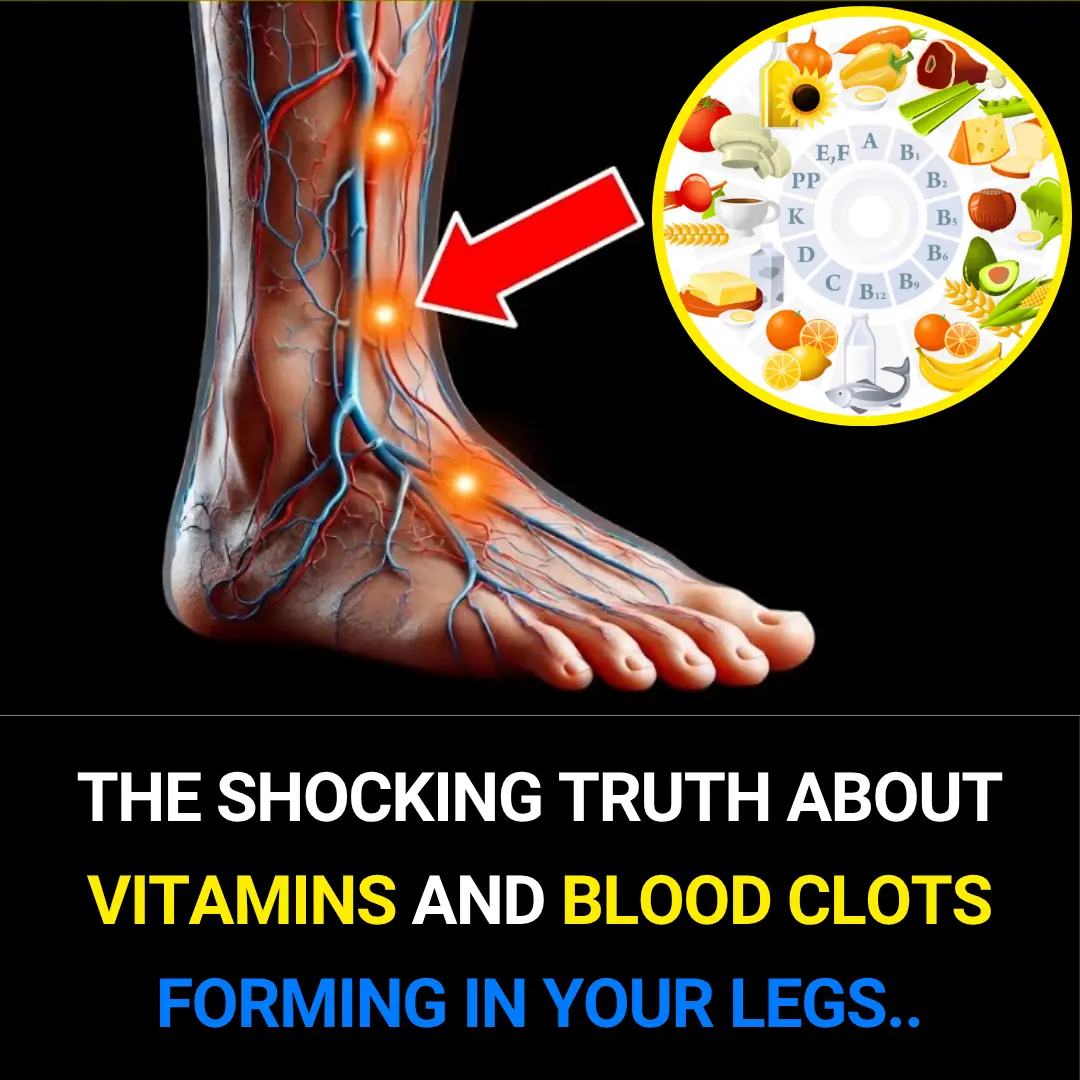
The Shocking Truth About Vitamins and Blood Clots in Your Legs
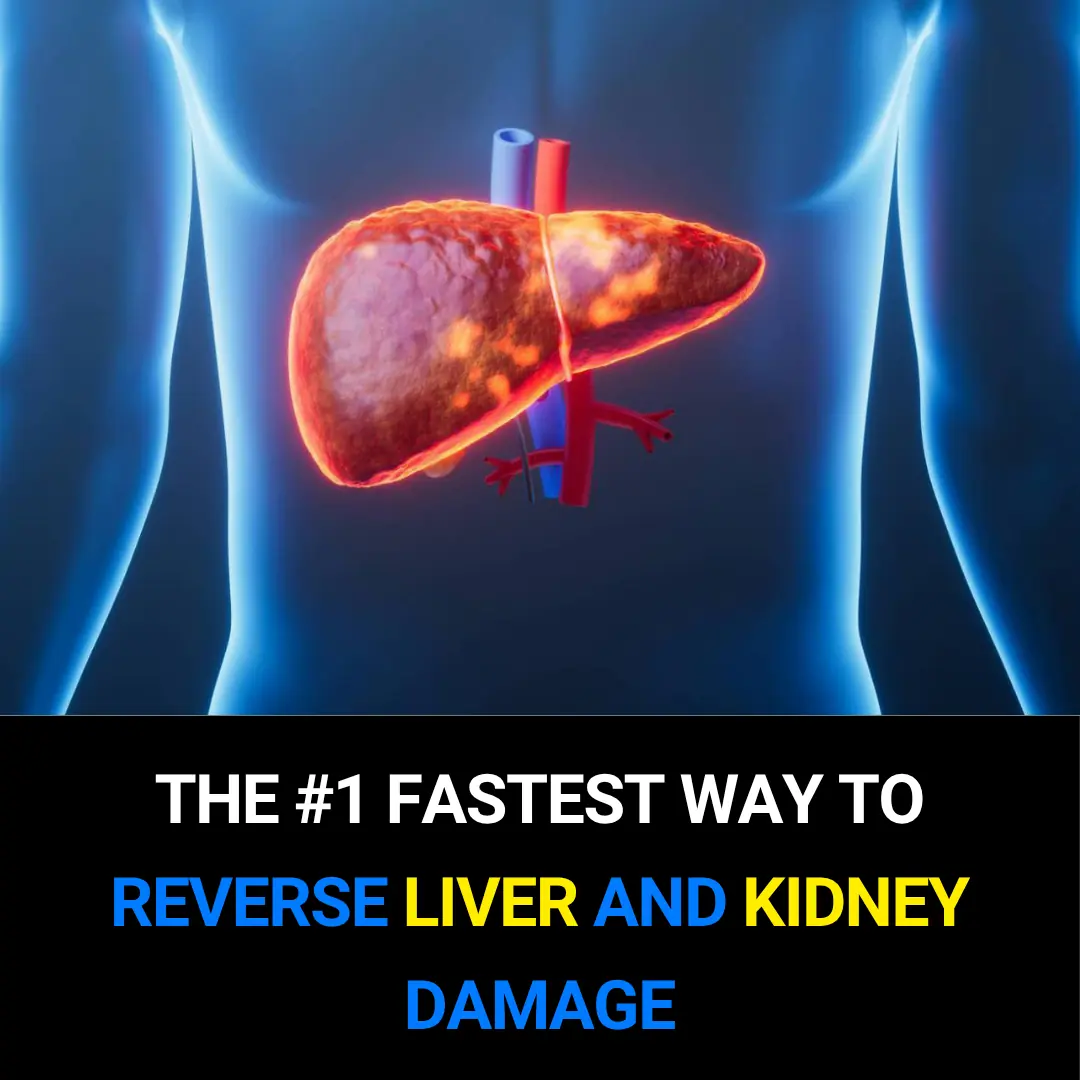
The #1 Fastest Way to Reverse Liver and Kidney Damage

Health Problems That Improve with Vitamin B12 (and How to Use It)

Stomach Can-cer: The “Silent Disease” You Shouldn’t Ignore
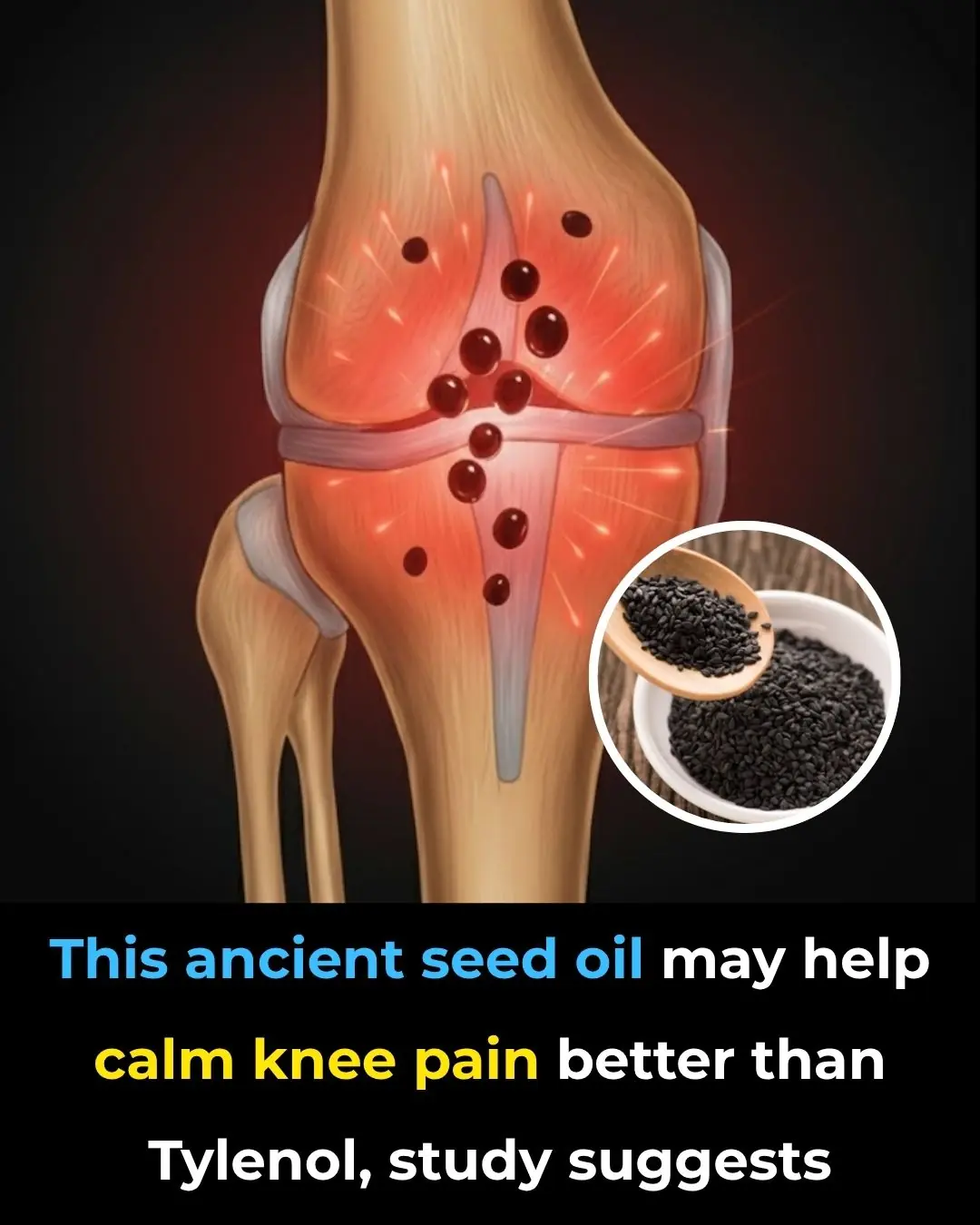
This ancient seed oil may help calm knee pain better than Tylenol, study suggests

Tomato Extract: Better And Safer Blood Thinner Than Aspirin

12 warning signs of heart failure you should never ignore
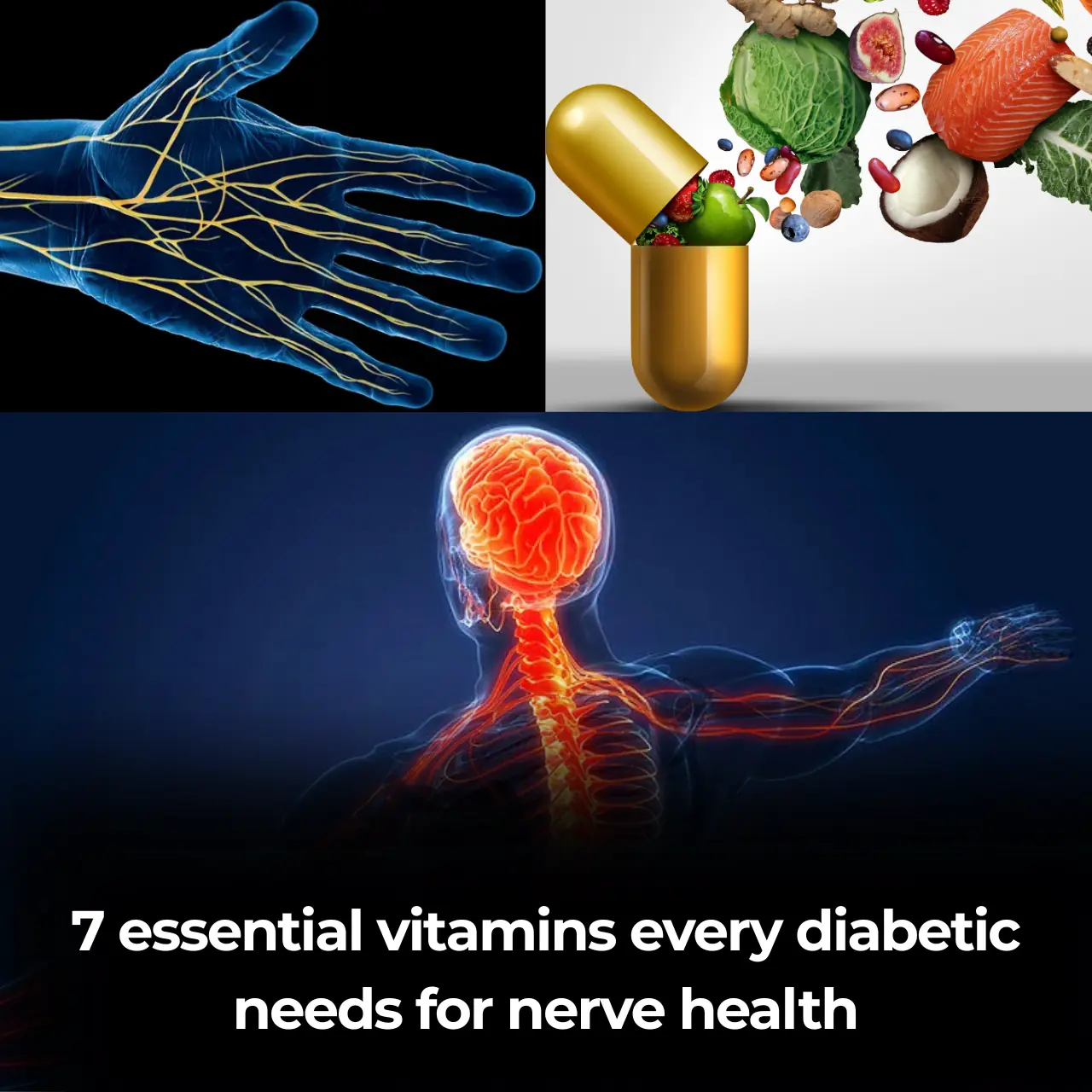
7 essential vitamins every diabetic needs for nerve health
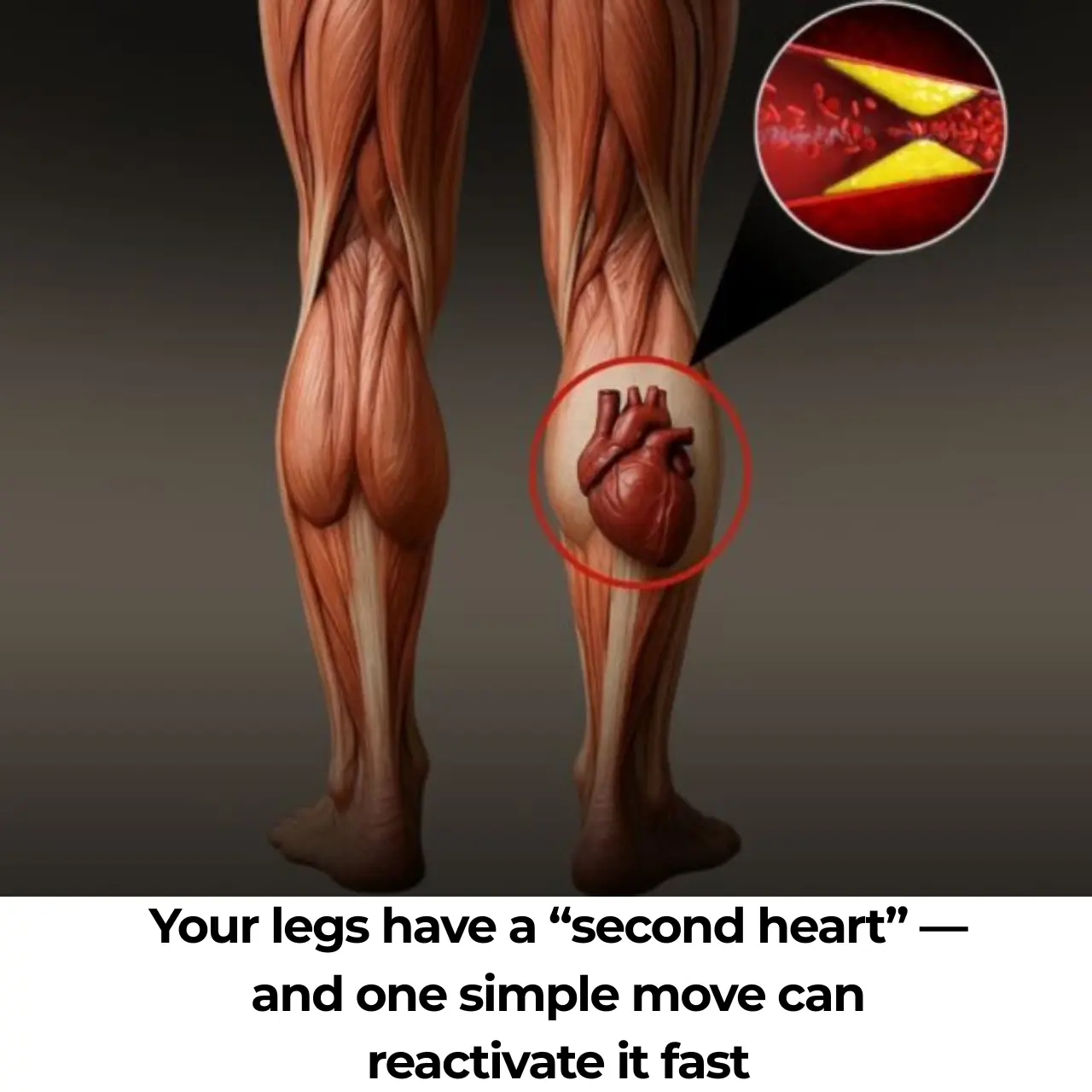
Your legs have a “second heart” — and one simple move can reactivate it fast
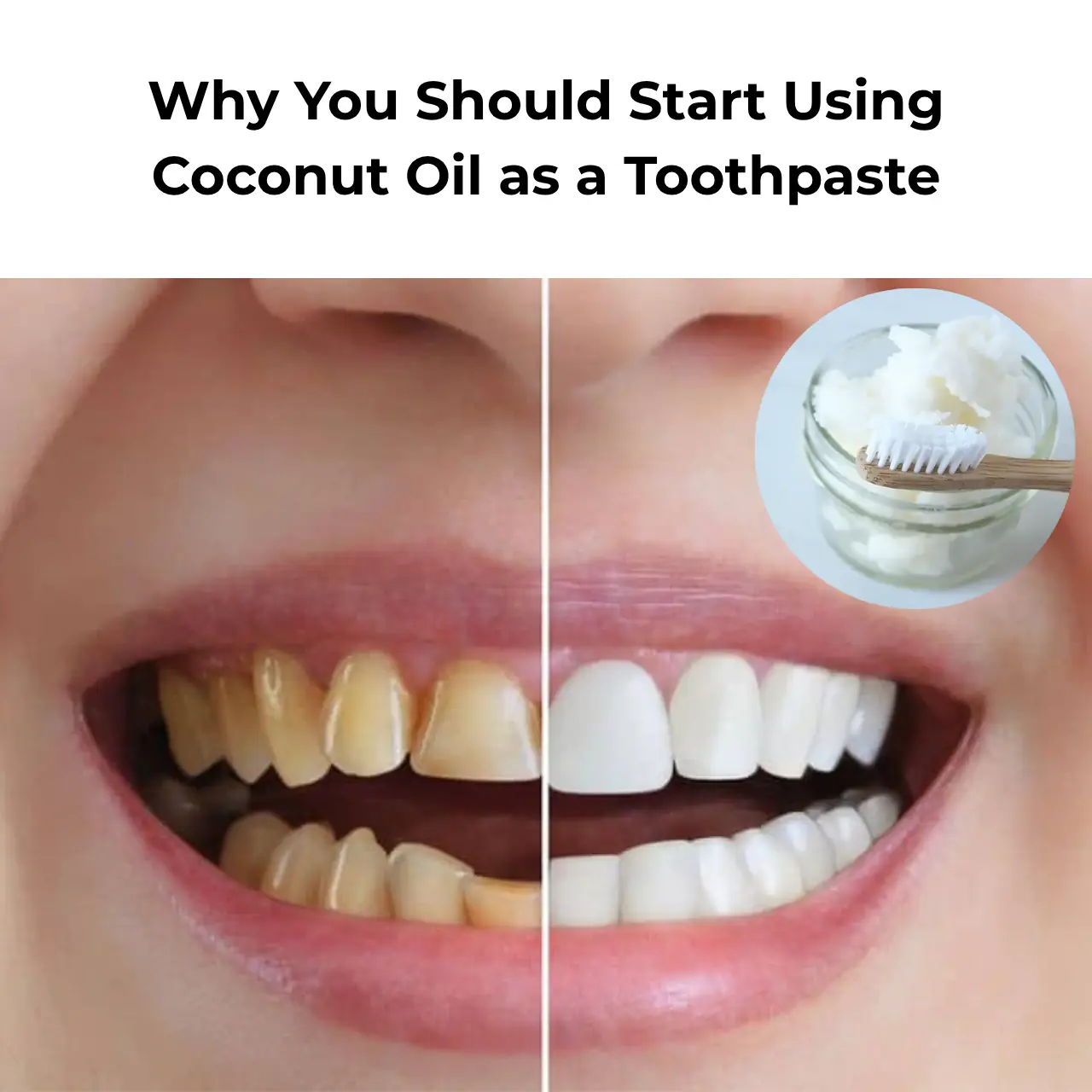
Why You Should Start Using Coconut Oil as a Toothpaste
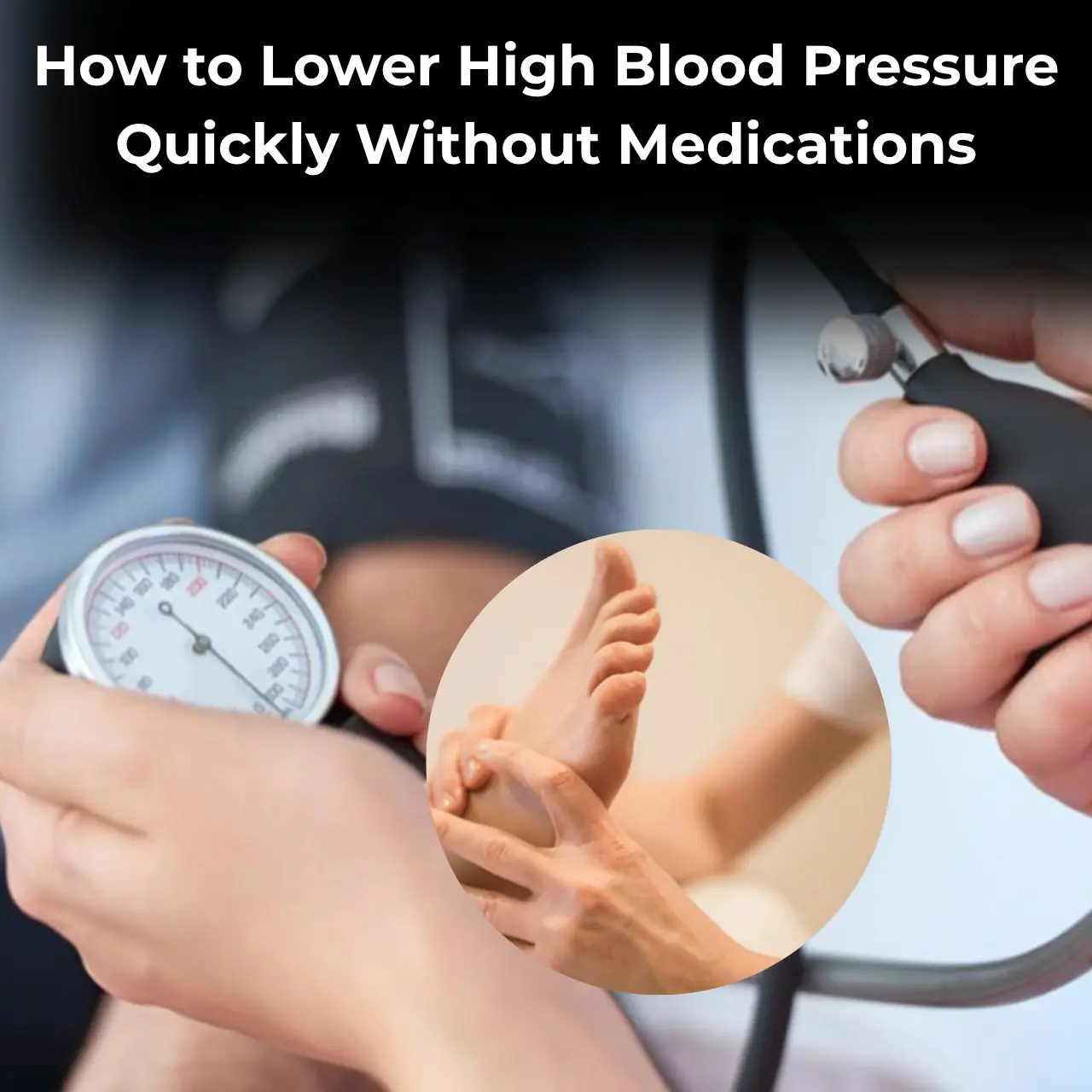
How to Lower High Blood Pressure Quickly Without Medications (Evidence Based)
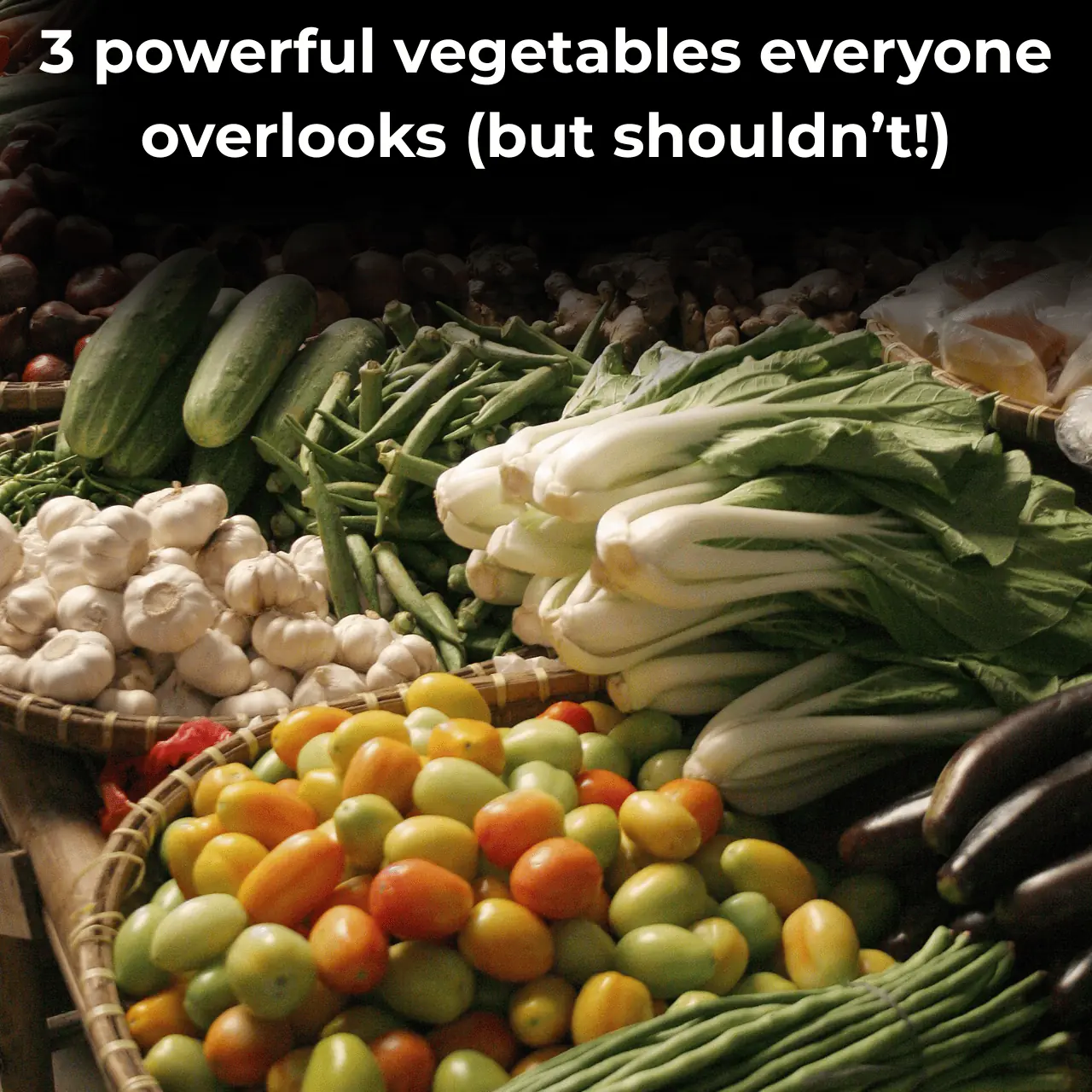
3 powerful vegetables everyone overlooks (but shouldn’t!)
News Post
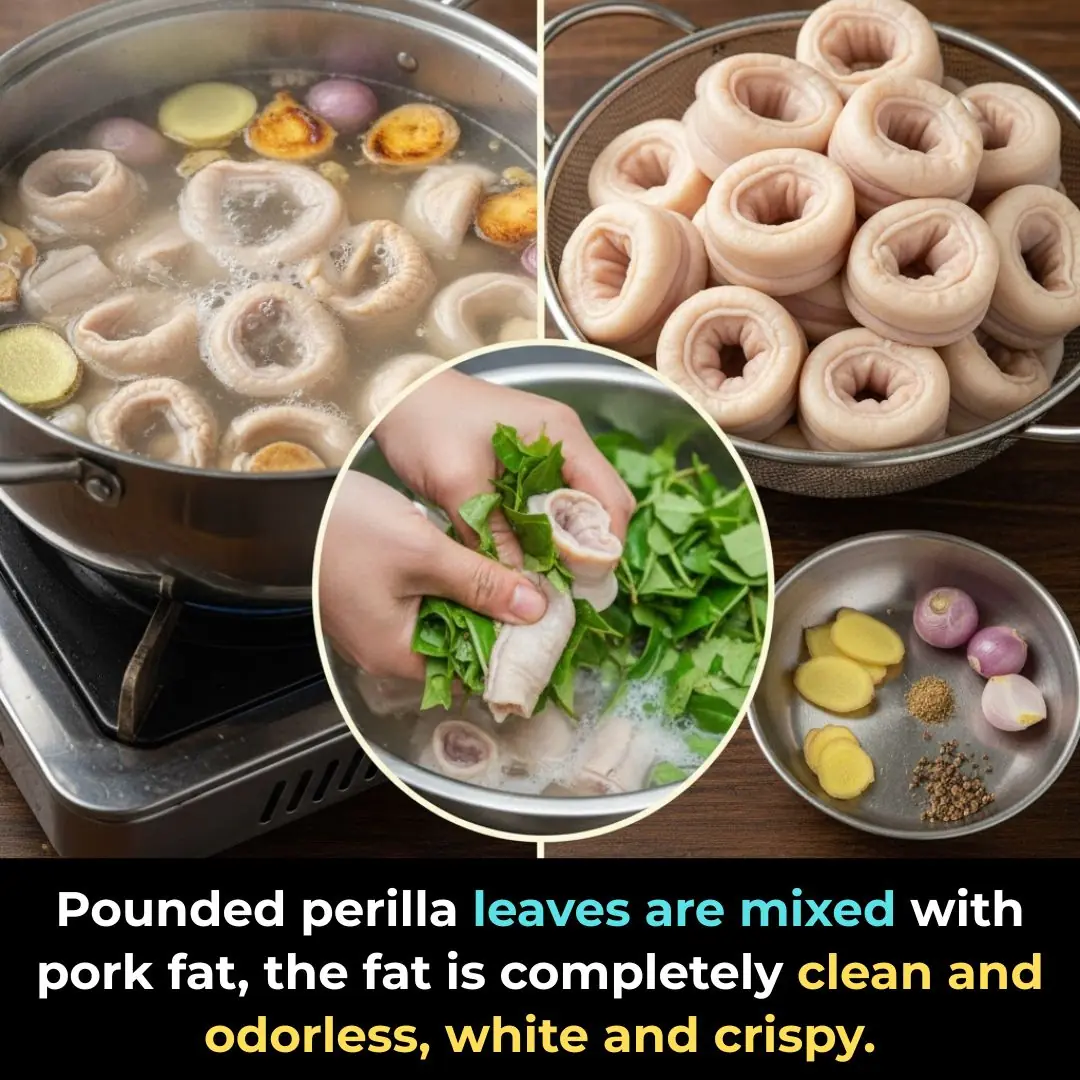
Pounded perilla leaves are mixed with pork fat, the fat is completely clean and odorless, white and crispy

10 strange but effective ways to freshen your home

I had no idea

Poor circulation? Simple foods that can get your blood moving again naturally

Count The Squares

Common Drinks That Can Be Bad for Your Liver

Do you sleep on your side? Here's the powerful effect one simple change can have on your body

My nana taught me this hack to de-stink the microwave in 3 mins with 0 work. Here’s how it works

So clever
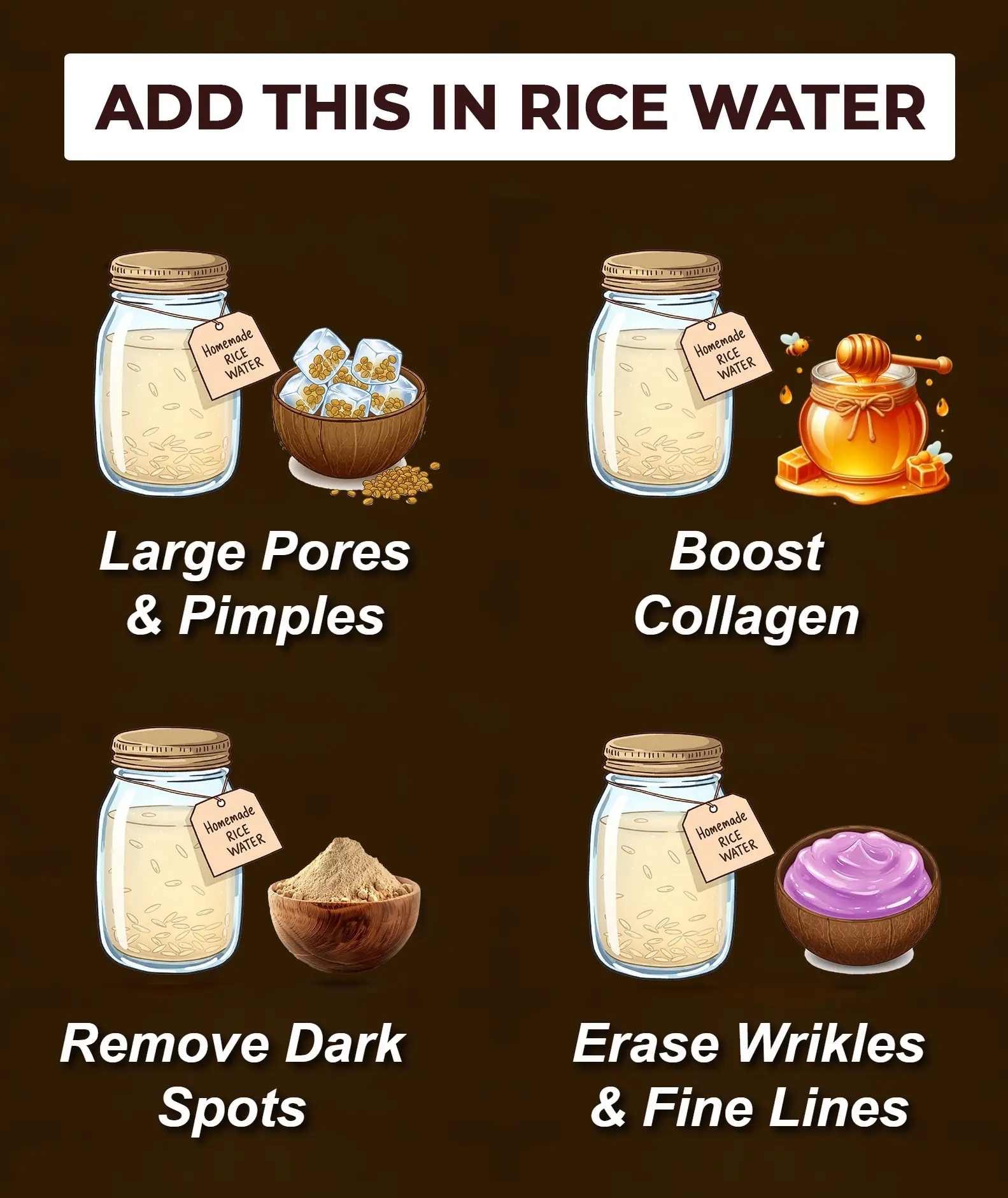
Homemade Rice Water for Skin: Amazing Recipe for Glowing and Youthful Skin
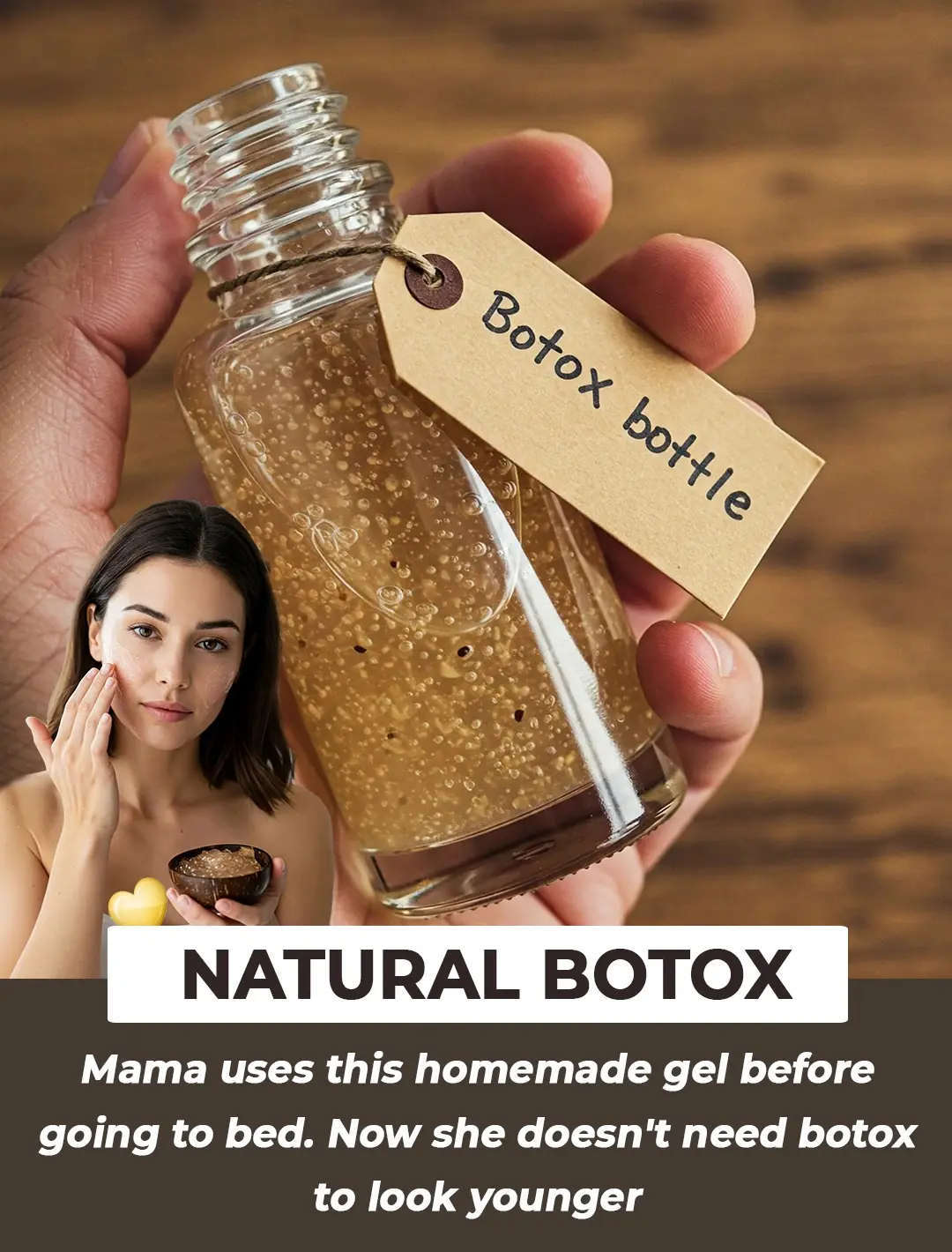
Natural Botox Drops – Secret of Younger Looking Skin
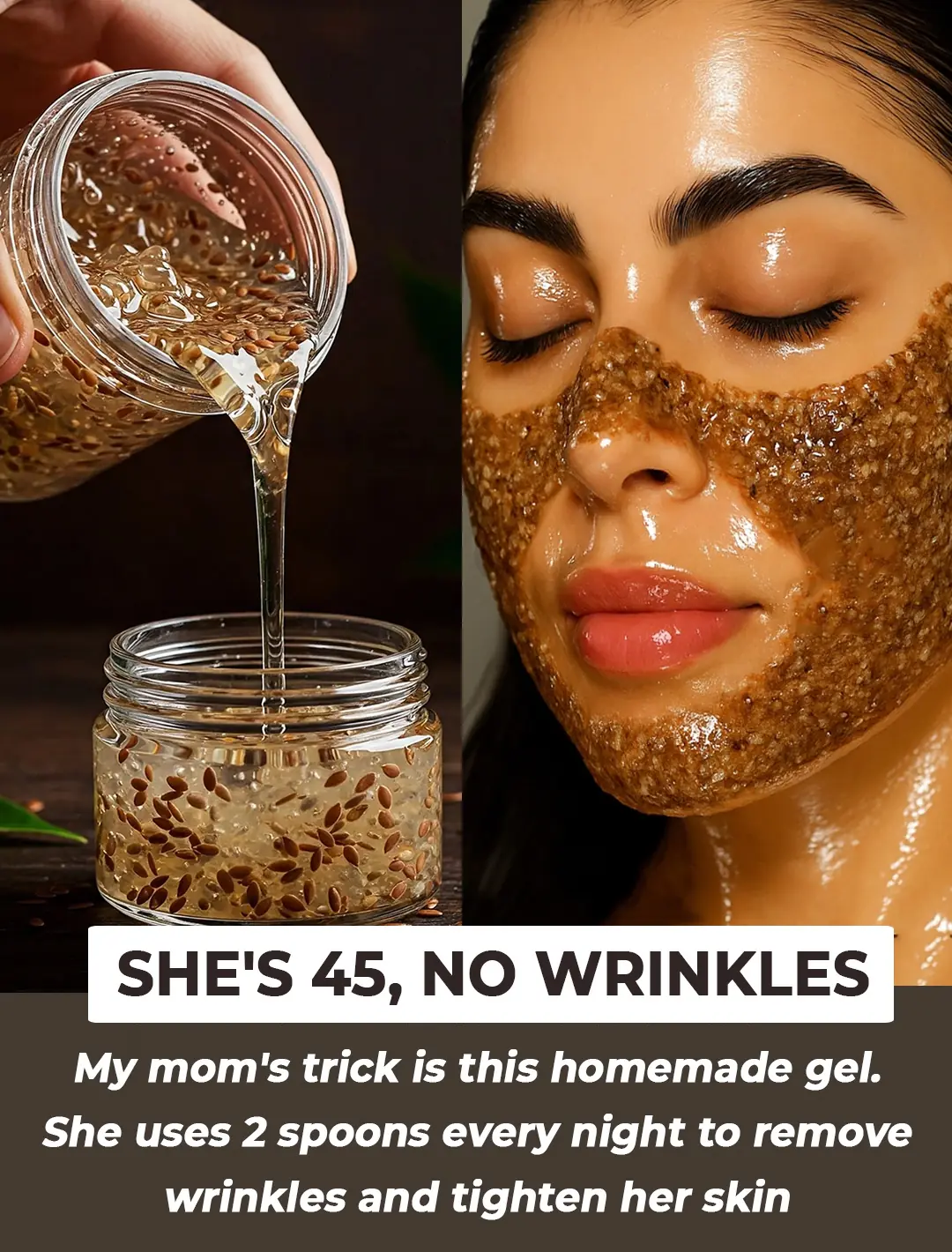
DIY Flaxseed Gel for Glowing Skin: The Natural Solution to Hydrated and Youthful Skin
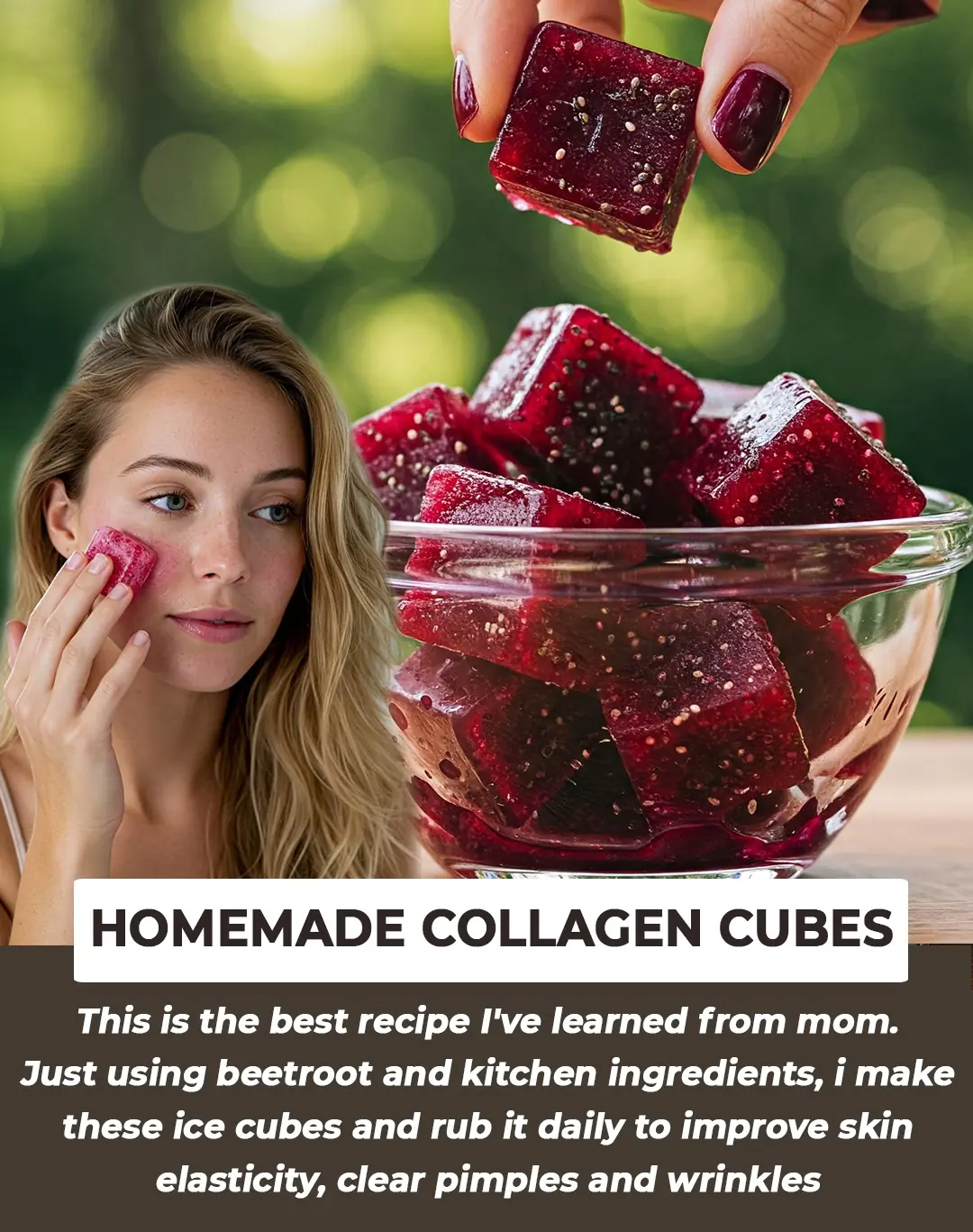
Easy Recipe to Make ABC Collagen Ice Cubes at Home: The Secret to Glowing, Firm Skin
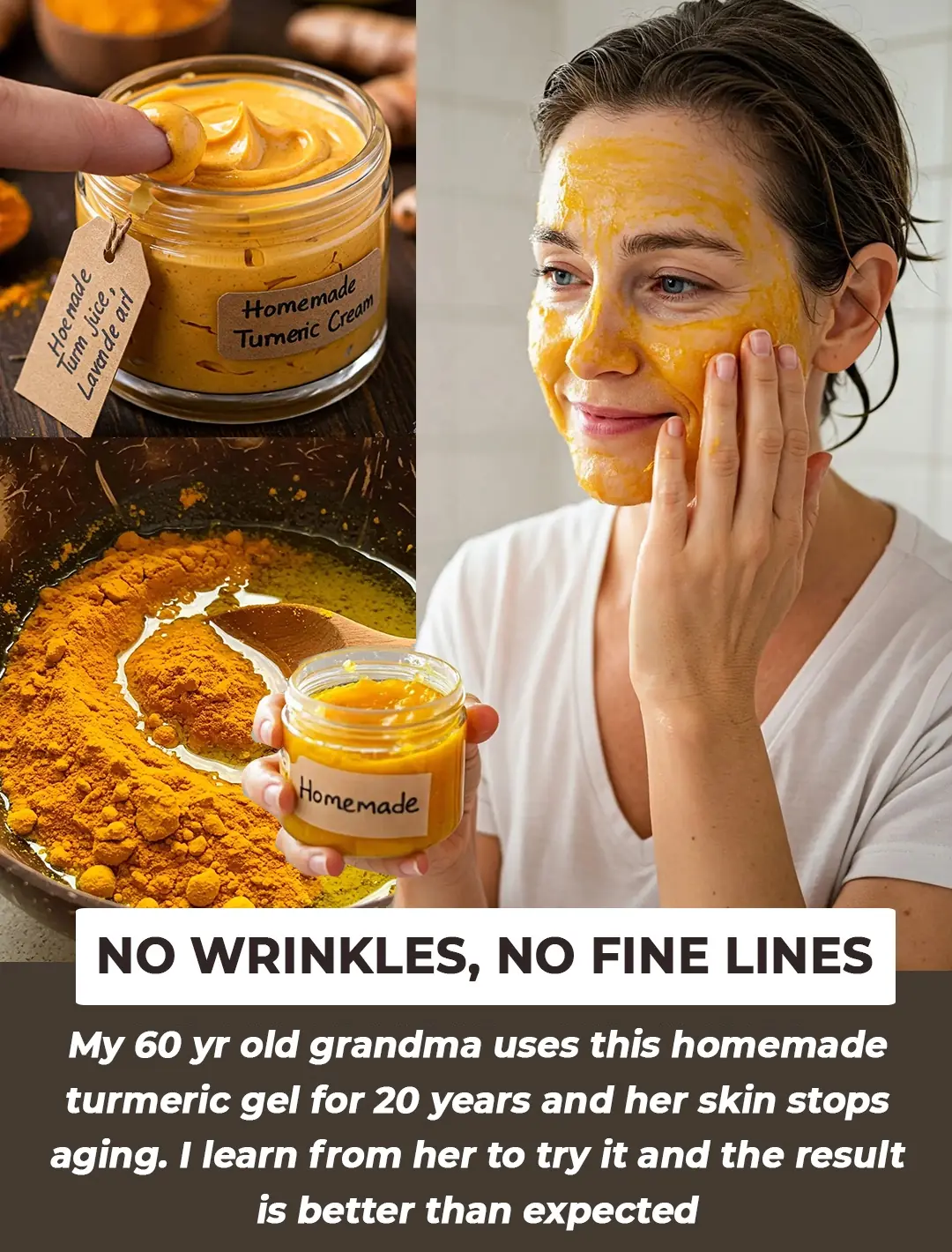
DIY Turmeric Gel For Ageless Skin: Unlock the Secrets of Radiant and Youthful Complexion
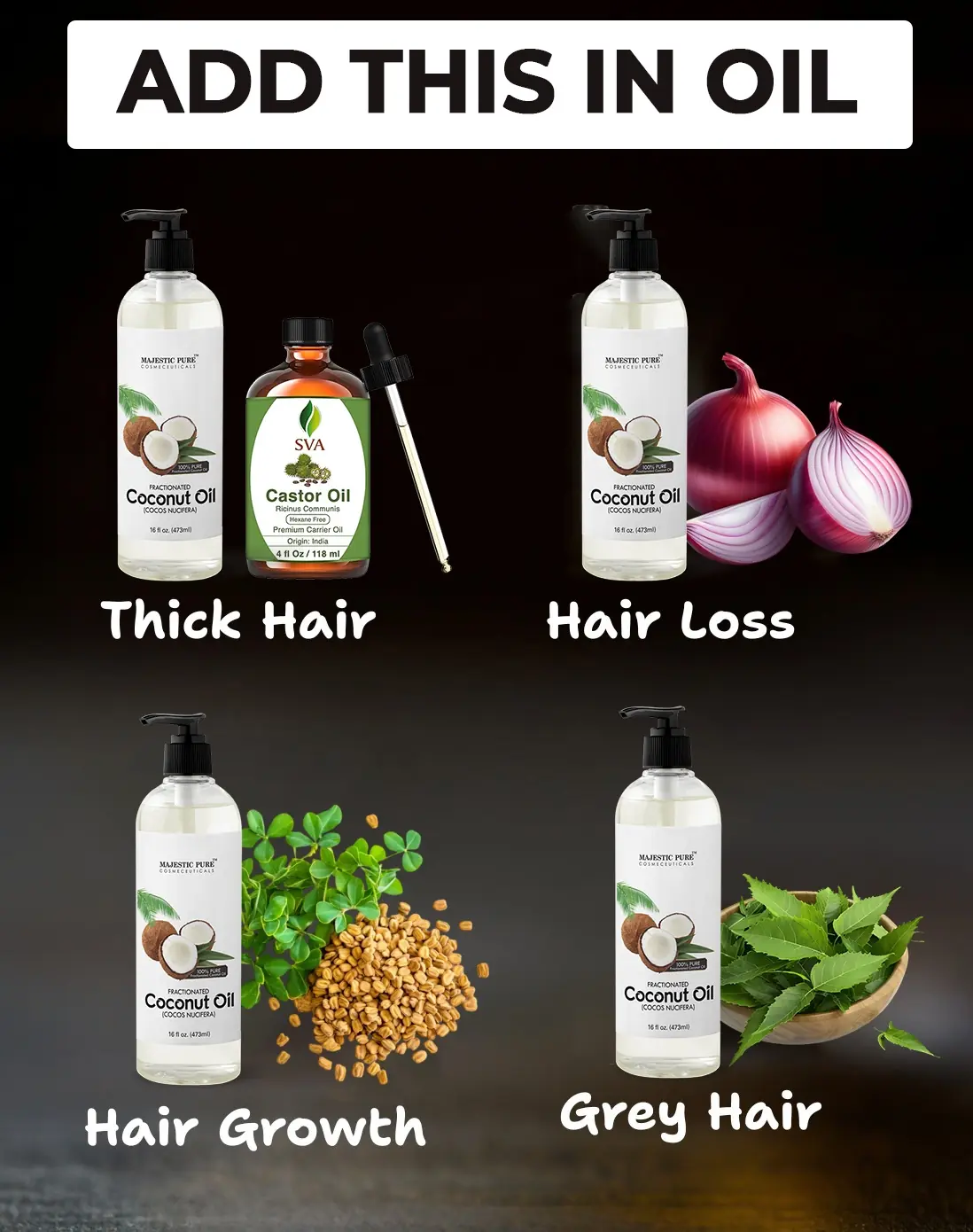
Add This in Your Hair Oil for Healthy, Lustrous Hair
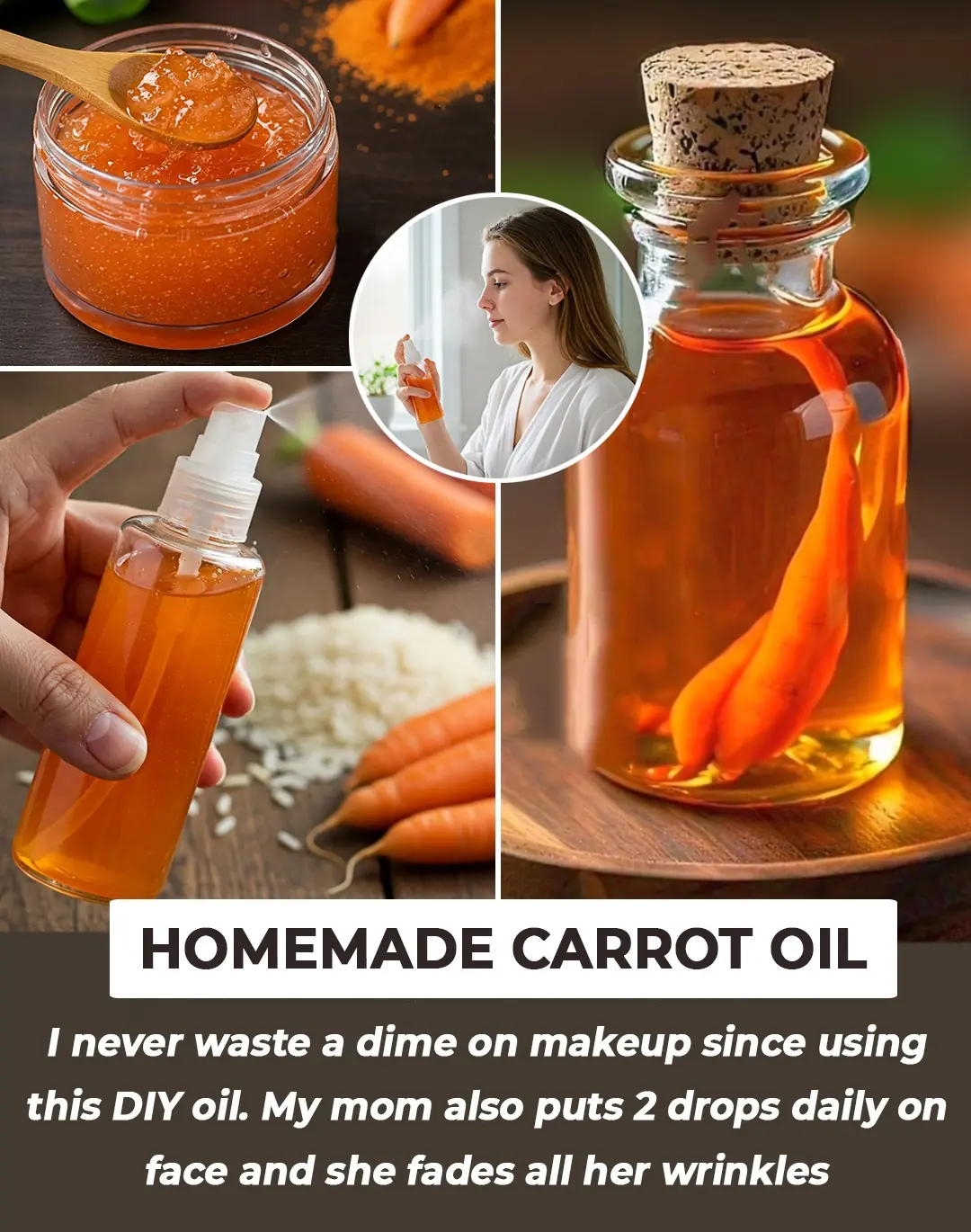
The Ultimate Guide to Homemade Carrot Oil for Glowing, Youthful Skin

Homemade Ginger Lemon Shot: Your Natural Ally for Effective Weight Loss
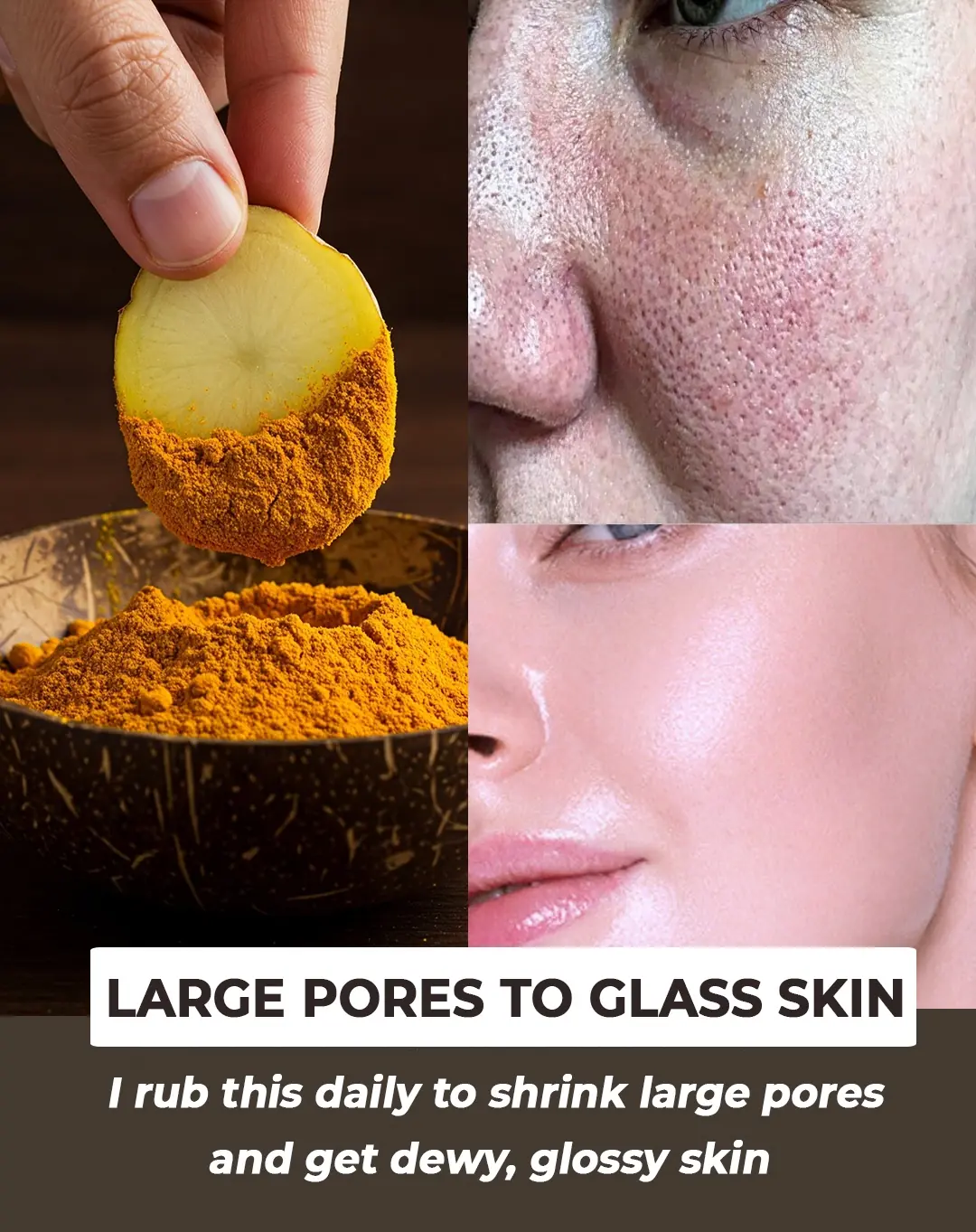
Potato Treatment For Dark Spots & Large Pores

Add Onion and Coffee to Your Hair—The Results Might Shock You
